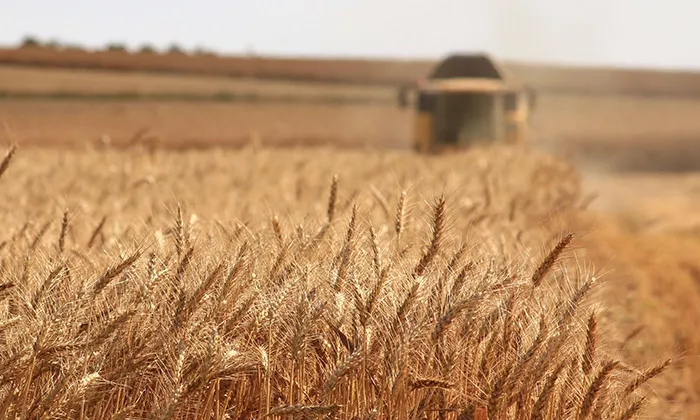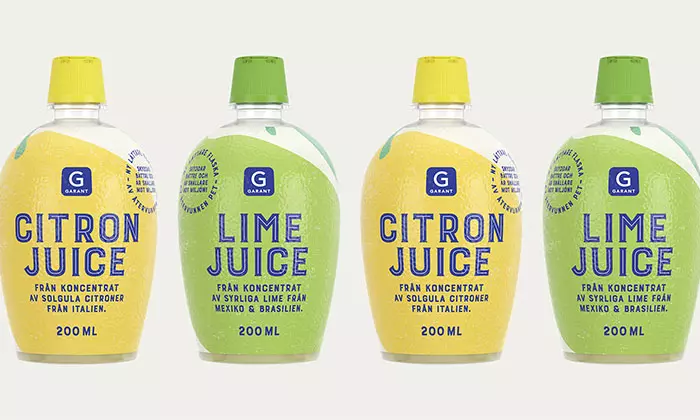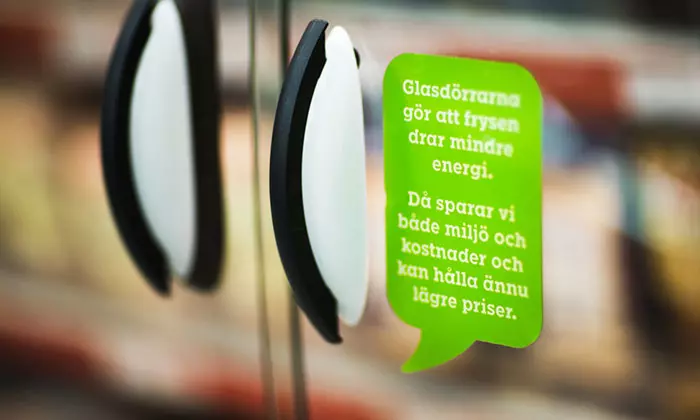
Sustainable agriculture
Axfood cares about water, soil, and biodiversity in agriculture. We do this by working towards reduced chemical usage and sustainable water consumption.
Axfood’s efforts for biodiversity
To be able to offer good and sustainable food, the work starts already at the cultivation stage. It involves caring for water, soil, and biodiversity, as well as ensuring that agriculture is fossil-free.
Biodiversity is a prerequisite for food production, and one-third of food needs to be pollinated by insects. Therefore, Axfood has developed a biodiversity strategy that spans several areas.
Certifications, organic, and sustainability-labeled products
We ensure that all coffee, tea, chocolate, and cocoa products from our private labels Garant, Eldorado, and Dazzley come from farms with approved certifications from Rainforest Alliance or Fairtrade.
Axfood’s goal of increasing the sales share of organic and other sustainability-labeled products has a direct impact on biodiversity. These goals are also important incentives to drive towards more sustainable food production and consumption. Hemköp is the Swedish grocery chain with the highest sales share of organic products.
Effective water use for sustainable agriculture
Axfood’s goal is for suppliers providing private label products or fruits and vegetables with a high water footprint to have a recognized water standard or equivalent by 2025.
Axfood also engages in preventive measures to reduce the water footprint in production, water-related risks in the supply chain, and the negative effects of water use.
This is achieved through:
- Dialogue with suppliers
- Monitoring the water situation in vulnerable regions
- Training individuals to ensure water is used efficiently
- Training sustainability managers and buyers
Axfood minimizes the amount of pesticides
To ensure that the environment and people involved in cultivation and production are not harmed, the amount of pesticides used in cultivation needs to be minimized. Therefore, Axfood has developed a list of pesticides that we encourage our suppliers to phase out.
The substances on the list are banned within the EU but are, in some cases, allowed in the countries where cultivation takes place. However, Axfood’s policy is that suppliers of fruits and vegetables should not use the hazardous pesticides on the ban list.
Large parts of the grocery industry, with some additions, have adopted the ban list, and Svensk Dagligvaruhandel is now responsible for updating it regularly. By setting common requirements, the industry facilitates the sustainability efforts of suppliers.
Axfood promotes the cultivation of certified palm oil and soy
We preserve biodiversity by preventing deforestation, for example, in the cultivation of soy and palm oil.
We contribute to more sustainable palm oil cultivation by requiring our producers to use certified palm oil (according to RSPO) in the production of our own branded products, both in food and animal feed. This helps prevent negative impacts on people and the environment during soybean cultivation.
Axfood also takes a stand against mixing any raw material from oil palms into the fuel for our transports.


